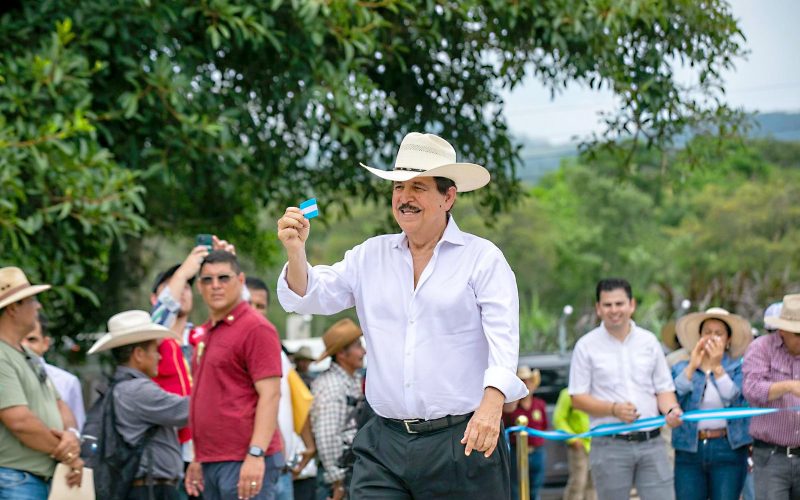The recent debate over the official handling of historical memory in Honduras was reignited this weekend following statements by a former business leader who questioned the attitude of the LIBRE (Libertad y Refundación) party toward historical episodes that remain sensitive issues in the country’s politics. The former president of the Chamber of Commerce and Industries of Cortés (CCIC) accused the government of using the commemoration of the 2009 coup as a selective political act, while remaining silent on other violent events of the past, such as the Los Horcones massacre in 1975.
The 2009 coup and historical omission
On June 28, the government of Xiomara Castro, led by the LIBRE Party, commemorated the coup that overthrew then-President Manuel Zelaya, an event that marked a turning point in Honduran politics. However, for some sectors, this act of commemoration highlights a management of historical memory that omits certain events of state violence. The Los Horcones massacre, an episode that took place in 1975 in Olancho, when the Honduran army murdered several peasants, has been forgotten by political authorities and relevant figures, despite being one of the most emblematic state crimes in the country’s recent history.
The former business leader expressed his concern in statements posted on social media about what he considers “historical hypocrisy,” whereby the LIBRE government focuses on vindicating certain events while ignoring others that are darker and less visible. “They commemorate June 28, but they don’t say a word about Los Horcones, a brutal massacre that remains unpunished,” he said. For this former executive, what is at stake is not just a discussion about what to remember, but how memory is chosen based on specific political interests.
Tension between selective memory and historical justice
The Los Horcones massacre is seen by many analysts as a symbol of the military repression that the country experienced during the 1970s and 1980s, a period marked by systematic human rights violations. However, this event, like other crimes committed by the state during the dictatorship, has been relegated in the official narrative, despite demands from victims and human rights organizations for recognition and justice.
Critiques directed at LIBRE’s stance regarding the 2009 coup and its lack of comment on Los Horcones underscore a more profound division within Honduran society. Supporters close to the governing party argue that the commemorative perspective serves as an affirmation of democracy and legal governance, whereas detractors feel that historical memory shouldn’t be exploited selectively, influenced by political or electoral motives. These critics assert that genuine historical justice requires recognizing every victim of repression, without convenient distinctions.
The difficulty of building a common historical memory
The comments made by the former business leader resulted in mixed responses across different parts of society. While some advocates of Xiomara Castro’s administration defended the party’s stance, viewing the remembrance of the 2009 coup d’état as a gesture to uphold democracy and reestablish constitutional order, other factions criticized the omission of other instances of political violence.
Academics and organizations focused on human rights have urged more extensive contemplation regarding the biased treatment of historical memory. Many believe it is crucial for the country to recognize and address the most distressing events in its history, independent of the political orientation of those who govern. The absence of a bipartisan agreement on how to tackle these matters continues to be a significant barrier to national reconciliation.
Obstacles to peacebuilding and acknowledging history
The debate on historical memory in Honduras highlights the lack of consensus on the construction of a common narrative about the recent past. The polarization surrounding the commemoration of the 2009 coup and the omission of other episodes of state violence reflect tensions not only between political parties but also between different social sectors that are still fighting for real reparations and recognition for all victims. As the country continues to face the effects of a recent past marked by impunity and injustice, the construction of a comprehensive historical memory remains a pending challenge.
